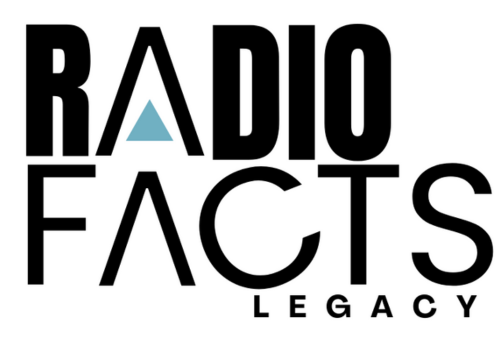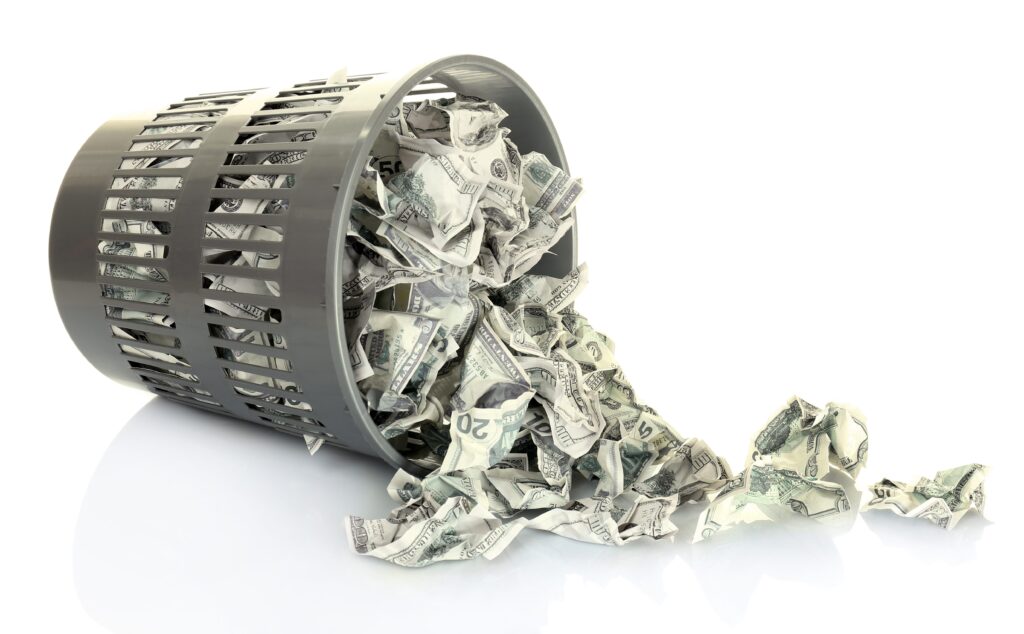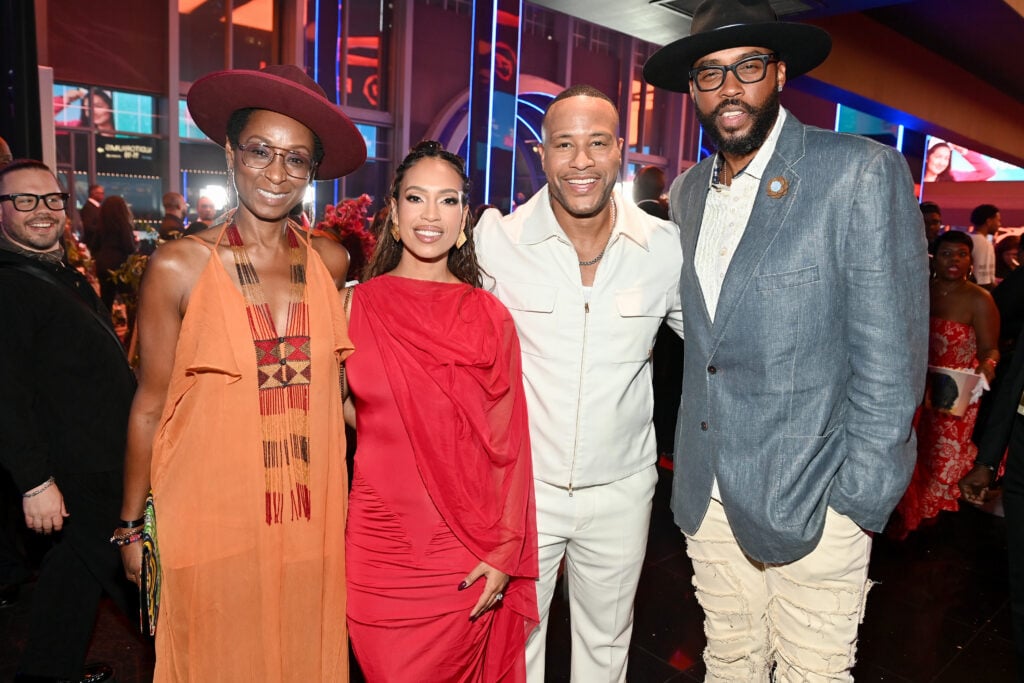When you hear “Duke Ellington,” jazz music comes to mind. But what made him so successful and influential in jazz1? Let’s dive into the life and legacy of this legendary composer, bandleader, and pianist. We’ll uncover the spirit and genius that made Duke Ellington a musical icon.
The Pioneering Life of Duke Ellington
Early Years and Musical Beginnings
Born Edward Kennedy Ellington on April 29, 1899, in Washington, D.C., Ellington’s early life was filled with music2. His parents, both skilled pianists, pushed him to learn music early. Ellington started piano lessons at seven but wasn’t interested at first.
It wasn’t until his teens that Ellington fell in love with music. He was inspired by ragtime pianists he heard around town3. In 1917, he formed The Duke’s Serenaders and started playing at local dances and social events. This was the start of his journey to success.
Rise to Fame at the Cotton Club
Ellington’s career took off when he moved to New York City in 1923. The jazz scene in Harlem was perfect for him to grow and get noticed4. At first, he had trouble finding steady work, but then he got a spot at the Cotton Club in 1927.
The Cotton Club was famous for its black performers for a white audience4. Ellington’s band became the main attraction, playing for people all over the country. During this time, he wrote hits like “Mood Indigo” and “Black and Tan Fantasy.” These songs showed his talent for mixing complex sounds with catchy tunes, making him a jazz legend2.
duke ellington’s Distinctive Musical Style
Duke Ellington was a true musical pioneer. He was known for his innovative and genre-defying compositions. His style mixed exotic rhythms, sophisticated harmonies, and classical influences, making him stand out from others5.
The “Jungle Style” and Exotic Rhythms
Ellington introduced the “jungle style,” a sound with unconventional instruments and unique rhythms5. He used muted trumpets and trombones for a special “wa-wa” effect5. This style was a key part of his early work, especially for the Cotton Club in Harlem.
Sophisticated Harmonies and Classical Influences
Ellington’s music showed his deep love for classical music. He was inspired by Debussy and Ravel, using their techniques in his jazz6. This mix of sophistication and jazz spontaneity is seen in “Mood Indigo.”5
“Ellington embraced the phrase ‘beyond category’ to describe his musical style, considering his work to be part of the broader category of American Music, showcasing his innovative approach to music composition.”6
Ellington’s skill in blending classical with jazz made him a true innovator6.
Iconic Compositions that Defined an Era
Duke Ellington’s music catalog is filled with iconic jazz pieces7. These works show his genius in music and his skill in expressing emotions. His famous songs include “It Don’t Mean a Thing (If It Ain’t Got That Swing),” “Take the ‘A’ Train,” “In a Sentimental Mood,” and “Sophisticated Lady.”7
These songs are known for their catchy tunes, strong beats, and complex harmonies. They have stood the test of time, influencing many musicians and delighting listeners.
Ellington also created innovative pieces like “Mood Indigo”8 and “Caravan,”8 blending different musical styles78. His 1938 song “Prelude to a Kiss”8 showed a new side of him, with more complex sounds8.
“Duke Ellington was a prolific composer, creating over 1,000 compositions during his career7, and his works have become some of the most iconic and enduring in the jazz canon.”
Ellington’s music spans from the lively swing of “It Don’t Mean a Thing”7 to the exotic beats of “Caravan.”8 His music has shaped jazz for many years, making him a legendary musician of the 20th century.
The Duke Ellington Orchestra: A Jazz Institution
The Duke Ellington Orchestra was more than a band; it was a key part of jazz history9. It started in the early 1920s and grew, featuring top jazz musicians. Ellington’s talent in writing for each musician made the orchestra’s sound unique9.
The group’s tight arrangements and new sounds made them stand out9.
Key Performances and Recordings
The orchestra’s shows at the Cotton Club and Carnegie Hall made them legends in jazz9. Their iconic recordings still inspire many9. Led by the Ellington family for generations, they created more jazz classics than any other band9.
Their music has been shared among musicians, keeping Duke Ellington’s spirit alive10. The Smithsonian Jazz Masterworks Orchestra has played Ellington’s music worldwide for 25 years11.
“The Duke Ellington Orchestra’s music has been passed on artist-to-artist in the creative spirit of its founder.”
The Smithsonian has made many programs, recordings, and editions based on Ellington’s work11. The National Museum of African American History and Culture has Ellington’s photos, music, and letters11. These show his big impact on African American culture and music11.
The Duke Ellington Orchestra still amazes audiences today. Their tight arrangements, new sounds, and talented members keep their legacy alive as a jazz institution9.
Enduring Legacy and Influence
Duke Ellington’s impact on jazz and American music is huge12. He was a trailblazer as a composer, bandleader, and innovator. His work changed jazz, making it more complex and exciting12.
Ellington’s music was known for its smart harmonies and unique rhythms. He understood his musicians’ talents deeply. This influenced many jazz artists and composers13.
Ellington’s work was vast and varied, from famous songs to jazz-classical fusions. This made him one of the top musicians of the 20th century12. Even years after he died, his legacy is still celebrated and his influence is seen in music all over the world14.
Ellington’s legacy shows his lasting impact, even during tough times like the Great Depression14. He was a leader among American musicians and African Americans13. The growth of Duke studies13 shows more people are interested in his work. His impact and legacy keep inspiring and captivating people everywhere, making him a true jazz icon.
Source Links
- Duke Ellington | Biography, Songs, Albums, & Facts | Britannica
- The Story of Duke Ellington, Part 1: 1899-1929 – The Syncopated Times
- Duke Ellington
- Jazz Appreciation Month: Duke Ellington
- Duke Ellington – Songs, Facts & Quotes
- Duke Ellington
- The 20 Very Best Duke Ellington Songs – Nextbop Jazz Blog
- 10 of the Best Duke Ellington Songs [Stories of a Jazz Legend]
- Duke Ellington Orchestra | Kennedy Center
- Community Calendar – Syracuse.edu
- Duke Ellington at the Smithsonian
- The Legacy of Duke Ellington
- Duke Ellington Life and Legacy Term Paper
- The Legacy of Duke Ellington | Razzmajazz Dixieland Band







